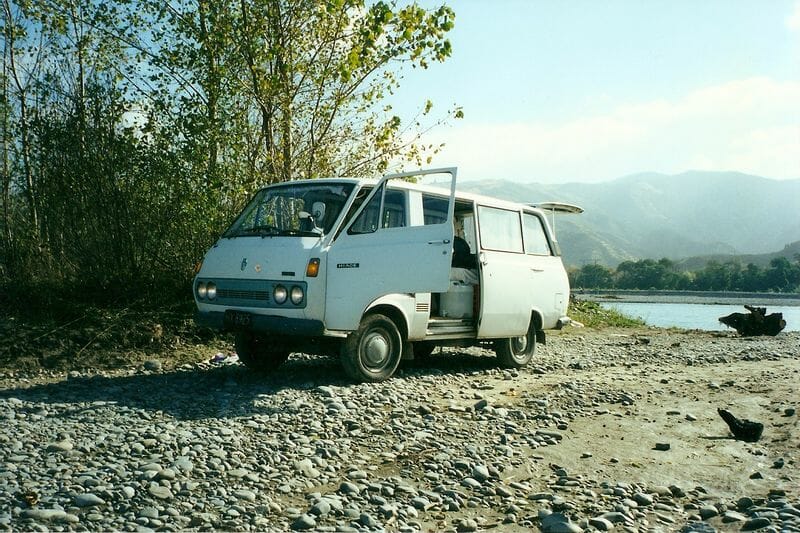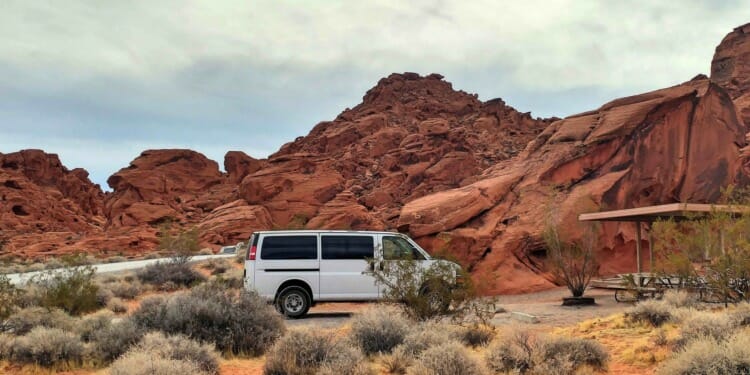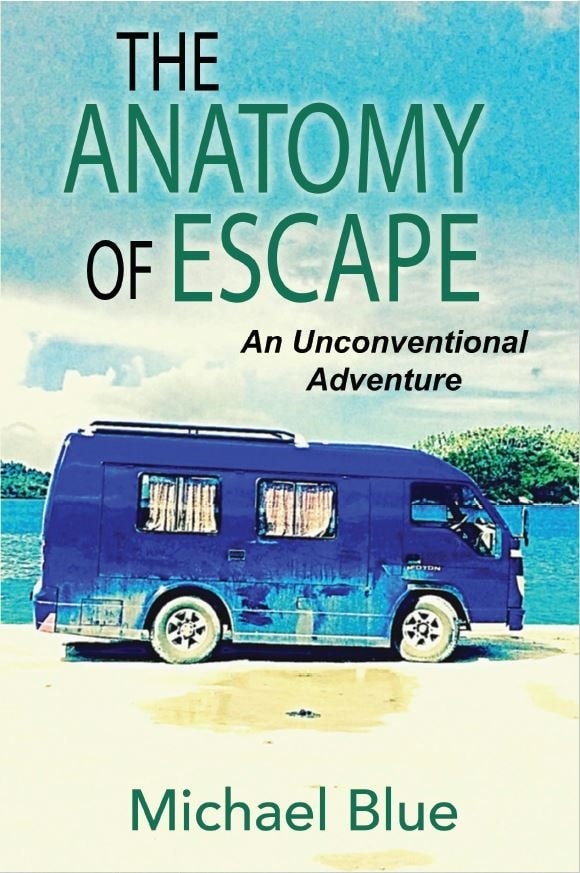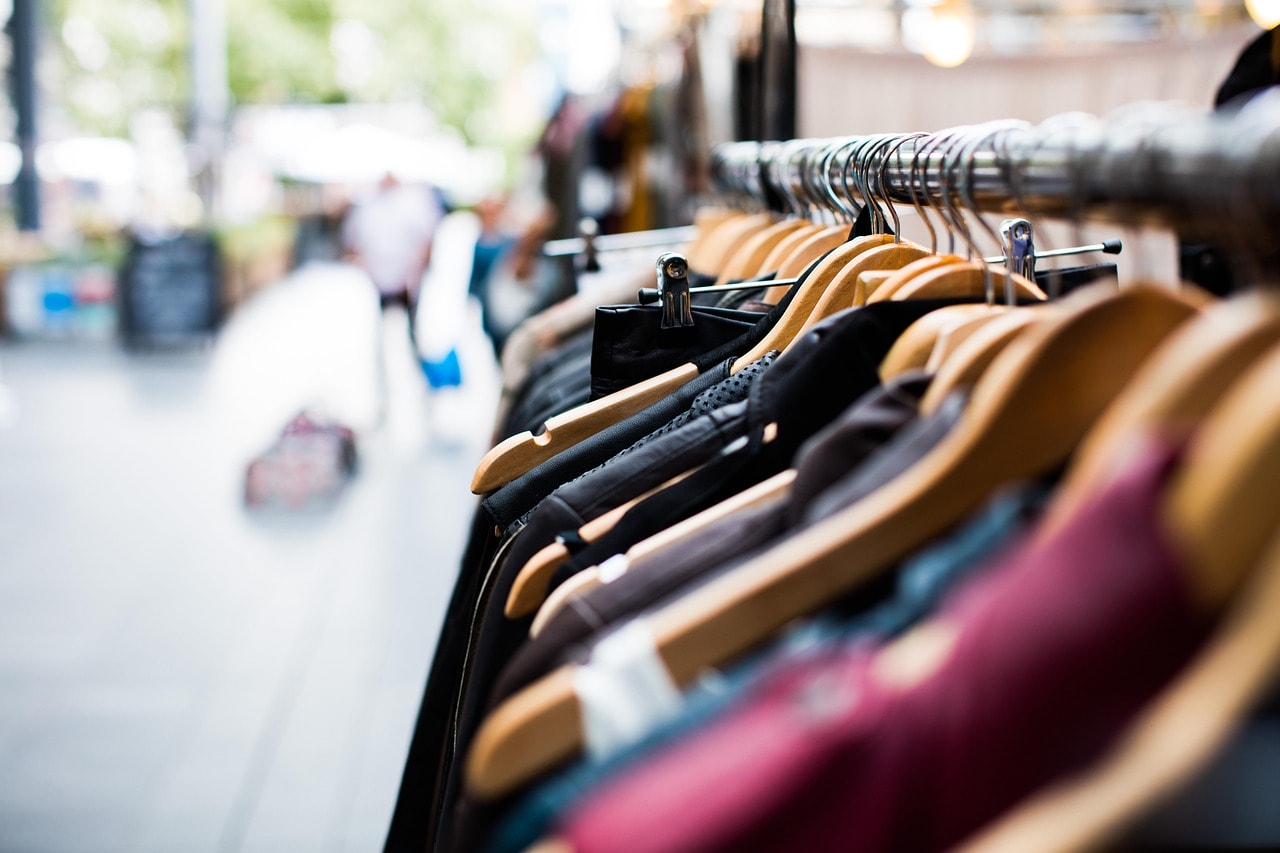The answer is complicated, but it seems the environmental impact of van life – living in a van as opposed to a traditional house or apartment – depends on a variety of other lifestyle choices.
Van life has gained popularity in recent years and is not without its critics as well. Many longstanding van lifers say that the lifestyle has been glorified over the years. Especially on Instagram, where #Vanlife currently has nearly 12 million posts. These posts largely include the positive side of van life and many are from influencers or micro-influencers who document their lifestyle. Van life is also deceptively expensive, although it may seem like all one has to do is pay for gas. Insurance, food, camping permits, and more add up quickly.
“Van life” used to be largely unknown to mainstream media, but with the rise of social media, and social media influencers it has become more and more mainstream over the past ten years. What is van life, exactly? Well, there is no single definition of van life as each person or family has their own unique lifestyle. Essentially van life involves living a minimalist lifestyle on the road, traveling from place to place, where home base is the car. Some people travel full-time and others dedicate a portion to their year to van life.
Van lifers have various setups with different setups. Some vehicles include amenities like showers, toilets, and a working stove or sink. Others include the bare necessities, like a bed and a water tank. The size of the vehicle and the time and money the owner is able to spend on making it habitable impacts both the amenities and the carbon footprint.
Each van has its own amenities and carbon footprint. For example, a 2018 Sprinter van gets about 14.4 mpg, whereas a commuter vehicle like a 2019 Honda Civic gets closer to 34 mpg. If you trade in a commuter lifestyle for van life, you may end up driving more than the average commuter, and your choice of vehicle and driving habits will increase or decrease your gas consumption.
Van life can push individuals to consume less water, fewer material goods, and less electricity and fuel.
Van lifers tend to go where the climate is less harsh. This means less money is spent on heating and cooling than in an average household. Additionally, many vans are insulated for colder temperatures and can be ventilated in warmer ones. Since vans are smaller than homes, heating and cooling them with the car’s heating systems, requires less than heating or cooling an entire house.

Less space also amounts to less waste. It is harder to accumulate things when you have nowhere to put them. This spatial scarcity makes van lifers more conscious of their consumer choices. Similarly, water becomes more scarce when the space to store it is limited, so van lifers use less water each day than the average person in the UK (142 Liters).
Constantly moving from place to place also gives van lifers the opportunity to buy locally, going to farmers’ markets in whichever town or city they land in means they don’t have to buy from chain supermarkets if they don’t want to. However, this also is more financially burdensome, as produce from farmers’ markets tends to be more expensive than from grocery stores.
Social media has made it easy to idealize van life as an easy and problem-free lifestyle when the reality is there are constant issues that don’t make it onto social media.
For example, car repairs, plumbing issues, if the van has a toilet that can lead to its own Pandora’s box of potential problems and if it doesn’t – well, other types of problems will arise. It can be hard to find parking and places to shower. For van life to be sustainable, one must give up current habits, like your daily shower, and adopt others, like using a wet rag to wipe off every so often. Not everyone’s favorite choice of lifestyle.
It seems that overall living in a van may be cheaper and more eco-friendly than living in a house or an apartment. However, there are factors that make it more or less sustainable, dietary choices, consumption choices, and the fuel efficiency of the vehicle as well as miles driven and driving habits, are the main factors that determine the environmental impact of van life. There are helpful lists of tips for aspiring van lifers that will help them have a more sustainable lifestyle and be more conscious while on the road. Buying solar panels, eating a plant-based diet, and avoiding single-use plastics, will help decrease the environmental impact of life on the road.
Ultimately, van life is often more sustainable than traditional living in developed countries. However, van life still has a great impact on the environment depending on lifestyle choices. Some van lifers write that if everyone lived their lifestyle, we would need one and a half to more than two earths to sustain it.
The sustainability of van life really depends on the financial ability of the van lifers. Something that is quite often overlooked is this: Until recently, “van life” used to be called “living out of your car” and was not seen as the ultimate lifestyle for a free spirit. “Living in your car” was, and is often the last resort for many unhoused individuals seeking shelter and is not a glamorous lifestyle.
What separates these two lifestyles is socio-economic status and privilege. Being able to afford to live in a van long-term, while it may be cheaper, is still a privilege. One must either have savings or a job that they can do from the road and in this day and age, both of those are hard to come by.
Van life is seen as a free-spirited and alternative lifestyle that goes hand in hand with sustainability. A few years ago, one of the Impakter contributors was a van lifer from Australia, who had chosen to live in Indonesia out of his (very bohemian-style) van. He documented his minimalist lifestyle and philosophy for Impakter readers and called a big bus named Rosie his home.
He published two books about his experience: The Anatomy of Escape and The Consumption Cleanse: Giving up 13 consumption habits in 13 weeks for a better lifestyle and a healthier planet. His name is Michael Blue but here at Impakter we all called him Mike. He later took off to Latin America on a motorbike and we haven’t heard from him since.
To sum up. It is important to really consider the difficulties that come with this way of life before buying a van and some solar panels and the choices that can make this lifestyle more or less eco-friendly. Exploring the countryside may be nice, but peeing in a bottle? Less so. While van life is cool and trendy now, it is important to remember how society has treated “van lifers” in the past, as social outcasts whose lives were falling apart. Not everyone can be Mike Blue.
Editor’s Note: The opinions expressed here by Impakter.com columnists are their own, not those of Impakter.com. — In the Featured Photo: Van Parked in Desert. Featured Photo Credit: Deemoun via Pixabay.










